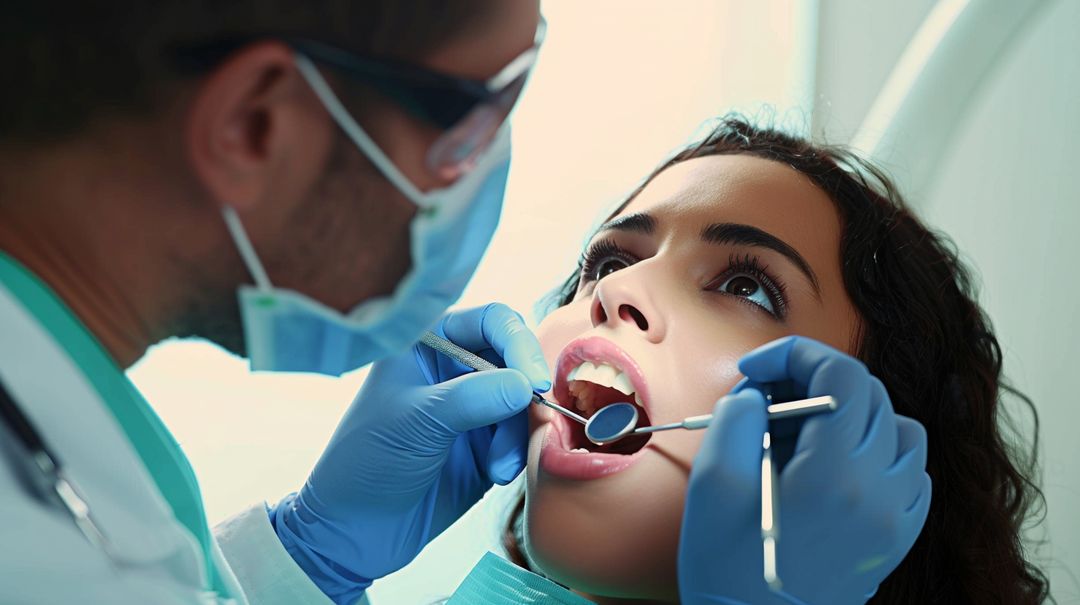As we age, maintaining oral health becomes even more crucial, yet often more challenging. Changes in our oral cavity, medications, and existing health conditions can significantly impact our dental health.
Maintaining good oral health is vital for overall well-being and can prevent various dental and medical conditions, including gum disease, decay, and heart-related issues.
Here are some fundamental steps and practices to keep your oral health in top condition, inspired by the preventive guidelines commonly recommended by dental professionals.

Expert Insight: Dr. Emily Pearson, a geriatric dentist, emphasizes the importance of gentle brushing. "With age, gums recede and teeth can become more sensitive. Using a soft-bristled toothbrush and a gentle technique is key."
Practical Tip: For those with arthritis or limited hand mobility, consider using an electric toothbrush or a toothbrush with a larger handle for easier grip.
Nutrition Advice: A study published in the Journal of Dental Research indicates that diets high in fruits, vegetables, and omega-3 fatty acids can lower the risk of gum disease. Dr. Anika Patel, a nutritionist specializing in elderly care, suggests, "Incorporating calcium-rich foods like dairy or fortified alternatives and lean proteins can help maintain tooth and bone health."
Hydration: Staying hydrated is essential, especially for those on medications that may cause dry mouth, a common issue in older adults that can lead to increased risk of tooth decay and gum disease.
Practical Tip: Opt for soft, nutrient-rich foods like stews and smoothies if chewing becomes difficult, ensuring you get the necessary nutrients without straining your teeth.
Routine Visits: Visit your dentist at least twice a year for cleanings and checkups. These visits can catch potential problems early, such as cavities, gum disease, and even oral cancer. Linda, who never missed her bi-annual dental appointments, explains, "Regular visits helped me address a minor gum issue before it turned serious, saving me from much discomfort and expense."
Denture Care: Regular check-ups for denture fit and condition are essential to prevent sores, infections, and discomfort. "Ensuring your dentures fit correctly and are properly cared for can prevent a multitude of oral health issues," highlights Dr. Omar Jenkins, a prosthodontist with a focus on elderly patients.
Awareness: Many common medications for older adults can impact oral health, leading to dry mouth or bleeding gums. It’s important to discuss these side effects with your healthcare provider and dentist. "Discuss any oral side effects of your medications with your dentist," advises Dr. Ellen Kim, a pharmacist with expertise in the elderly.
Innovations in Dentistry: Advancements in dental care, such as minimally invasive treatments and improved dental materials, can offer older adults more comfortable and effective dental solutions.
Achieving optimal oral health in older adulthood requires a multifaceted approach: adapting oral hygiene practices, understanding the impact of nutrition, ensuring regular dental care, managing dry mouth, maintaining dentures, being mindful of medications, and leaning on support systems.
By combining professional advice with practical strategies and personal experiences, older adults can navigate the complexities of oral health, ensuring they enjoy the benefits of a healthy mouth throughout their senior years.